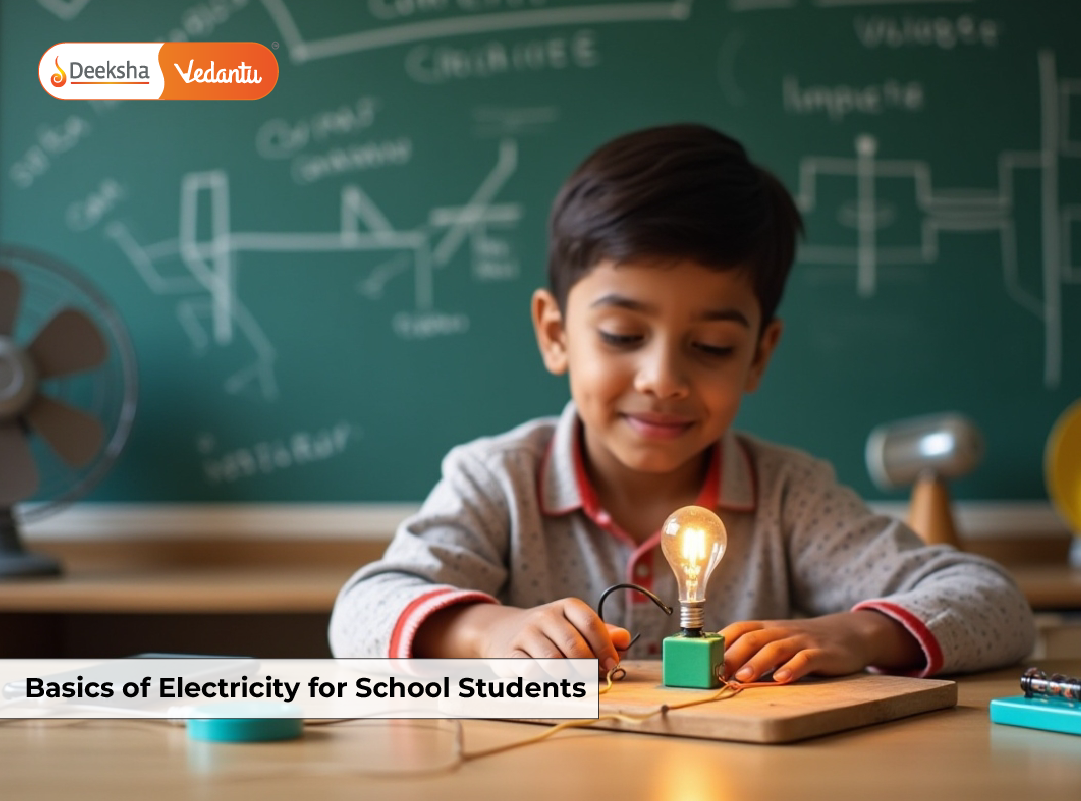Introduction
Forgetting what they have learned is one issue that school children face. The same teacher teaches the same material to the whole class, and they all use the same textbook and question paper for their examinations. Why, then, don’t they all receive the same grade? There are various causes for this, but the most prevalent and significant one is that many kids just forget what they have learned. Even a good student who works very hard may receive low results on the tests because he has forgotten what he has learned. So, as parents, how can you help your child overcome this problem? Here are tips to help your child remember what he has studied.
10 Best Ways To Improve Your Child’s Score During an Exam
- The first step in being able to recall anything is to understand it. Encouraging your youngster to ask questions can assist in ensuring that the subject is being understood on a deeper level. Additionally, it fosters in kids the ability to think critically and solve problems.
- Encourage your child’s love of learning by visiting the library and borrowing books or movies on various topics. Additionally, you can go to a gallery or a museum. It will be simpler for your child to recall the information in the future if they are engaged in what they are studying.
- Help your kid recall material that has just been read or heard by encouraging them to utilize visual aids. Make word or image flashcards that may be used for word definition practice or matching activities.
- Make a mind map of diverse concepts and their connections to one another. Children are more likely to interact actively with the content and get better knowledge, which is a crucial component of memory when linkages between words and themes are made.
- Start with the fundamentals and increase your understanding from there. To make the information simpler for your kid to remember later, organize it using headers, lists, and colors. Break Information Into Smaller chunks because, in this way, it is easy to remember
- Motivate your child to communicate to you the material they are learning (or a sibling or friend). Make it a test to assess how much memory they have. Then go back and go over any content that your youngster has questions about.
- Assist your kid in creating a rhyme, poetry, or song using the knowledge they are learning. Using rhymes or music can assist your child’s memory and recall since our brains are designed to retain music and patterns.
- Talking about various topics with your youngster and soliciting their opinions will help to make learning more interesting for them. This helps pupils build critical thinking abilities while enhancing memory by encouraging them to retain the knowledge long enough to respond to questions about it.
- Processing the content is made much easier when your child develops their own examples by connecting them to personal experiences. Your youngster will retain the knowledge better if you connect the topic in a relevant way.
- Make a word list and use it to establish connections between the various concepts and words. The easier the associations are to recall for your child, the better.
Tips To Help Your Child Remember What He Has Studied
- Read carefully – Make sure your child develops the practice of reading his lessons aloud each day at home. He must completely review everything that was covered in class that day. This will make it easier for him to comprehend the lesson and ensure that he retains it.
- Practice in Written – When studying for the tests, your child has to practice writing out the answers. A single written response is equivalent to several reads. She will be better able to recall the solutions throughout the tests.
- Repeatedly read – Reading the same lesson more than once is one of the finest strategies to help kids retain what they study. Assist your child in creating a chart for reading the lessons at set intervals so that they may properly review each lesson.
- Proper nutrition and sleep – It’s crucial that kids consume healthy meals, especially before and after tests. This will support a healthy metabolism, which will improve memory and alertness. Encourage your child to eat plenty of fruits and vegetables and to stay away from fast food. Ensure your child must take adequate sleep for the proper functioning of the brain.
- Having conversations with friends – Children occasionally tend to be overconfident and think they have learned everything. However, there is a possibility that they will forget everything they have learned while taking the exam.
- Be Confident – Make your child continually convince herself that she will comprehend and recall her lessons and correctly write the answers on the exam to help her develop her self-confidence. Lack of confidence is the main reason why the majority of kids perform poorly on tests. Confidence-boosting self-talk is beneficial.
- Remember these crucial phrases – It will be challenging for your kid to compose an accurate exam response if they cannot recall the material they have studied. Make them write down and remember a few important phrases for each response in order to solve this issue.
- Clear your doubts and queries – Encourage your child to ask the instructor any doubts he may have about a lesson the teacher is teaching, no matter how tiny. He will only be able to comprehend the lesson correctly if he does so. It will be beneficial to talk to your peers about the lesson.
- Become an educator – You might encourage your kid to periodically pretend to be a teacher and instruct her friends in order to help her absorb and retain teachings. Your kid will learn which lessons she is confident with and which ones she needs to review again while teaching others.
- Create a Mindmap – Assist your child in creating flow charts that include the key ideas from each lesson. Your youngster will find it simple to remember the details of the courses as he moves through this Mind Map and keywords.
Table of Contents















Get Social